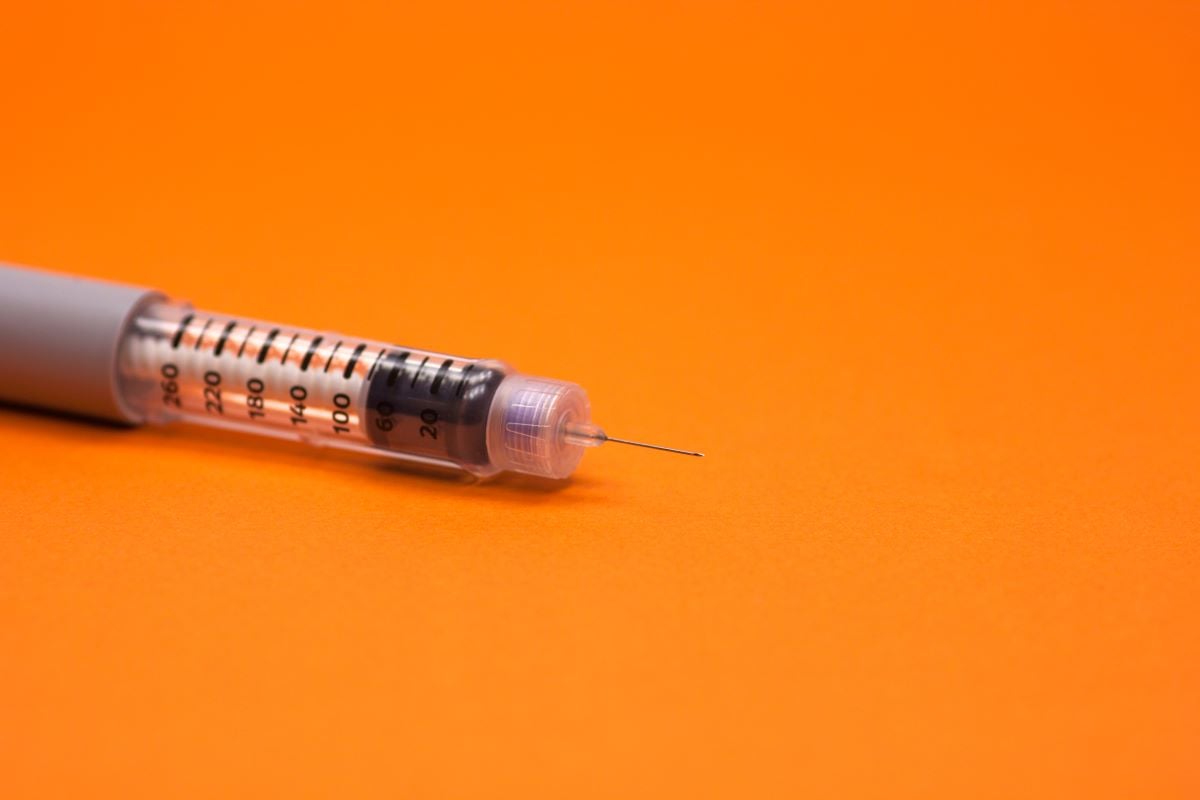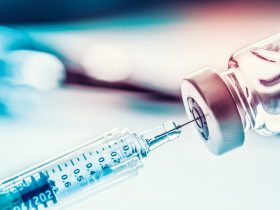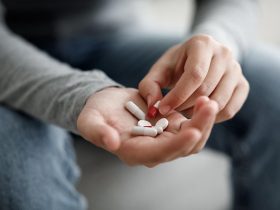Prescription of GIP/GLP-1 RA linked to lower rates of opioid overdose and alcohol intoxication
By Elana Gotkine HealthDay Reporter
FRIDAY, Oct. 25, 2024 (HealthDay News) — For patients with opioid use disorder (OUD) and alcohol use disorder (AUD), prescriptions of glucose-dependent insulinotropic polypeptide (GIP) and/or glucagon-like peptide-1 receptor agonists (GLP-1 RA) are associated with lower rates of opioid overdose and alcohol intoxication, according to a study published online Oct. 16 in Addiction.
Fares Qeadan, Ph.D., from the Parkinson School of Health Sciences and Public Health at Loyola University Chicago, and colleagues evaluated the strength of the GIP/GLP-1 RA and substance use-outcome association among patients with comorbid type 2 diabetes and obesity in a retrospective cohort study. The study included 503,747 patients with a history of OUD and 817,309 patients with a history of AUD.
The researchers found that significantly lower rates of opioid overdose and alcohol intoxication were reported in patients with GIP/GLP-1 RA prescriptions compared with those without such prescriptions (adjusted incidence rate ratios, 0.60 and 0.50, respectively). Among patients with OUD and AUD, the rate of incident opioid overdose and alcohol intoxication remained similarly protective for those prescribed GIP/GLP-1 RA when stratified by comorbid conditions.
“This study not only contributes to the evolving landscape of substance use therapy but also opens avenues for more comprehensive and effective treatment strategies for those affected by OUD and AUD,” the authors write.
Copyright © 2024 HealthDay. All rights reserved.







